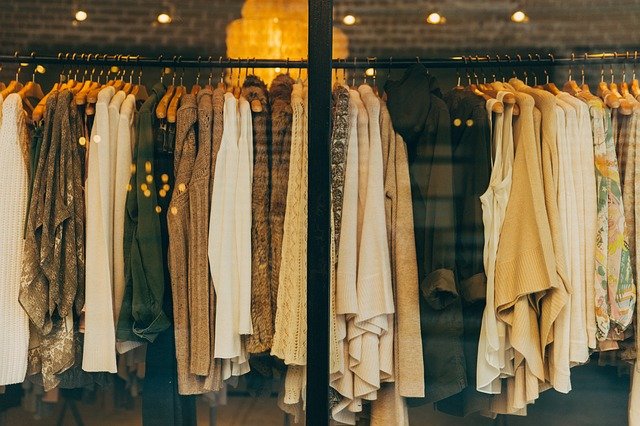August 3, 2022
Although second-hand shops are ubiquitous, buying used products has traditionally been frowned upon in the Czech Republic. As a result, few people freely admit to visiting them.
A second-hand shopping frenzy has resulted from the COVID-19 pandemic’s economic impact, which has been exacerbated by rising inflation and energy costs.
According to the Association of Social Responsibility, an industry group, second-hand sales have climbed nationwide by three times since last year.
Czechs are becoming more environmentally sensitive, and purchasing used frequently means getting quality.
Since the year 2022 turned, inflation has been on the rise. In June, it reached a record-high 17.2 percent. According to economists, it might still increase.
Energy costs are also growing at the same time, and as winter approaches, many people believe that things will get far worse. According to the OECD’s consumer confidence index for June, Czechs were as negative about the future of household consumption and saving as they have been for more than a decade.
Naturally, as customers have tightened household spending, more have opted for used products.
According to the most recent information from the Czech Statistical Office, prices for clothing are currently up 19.9% and shoes are up 15.4% from last year.
Companies are making it simpler to look for second-hand goods online as individuals tighten their budgets. Nowadays, a lot of thrift stores use social media to market their goods. Some people run internet shops. Traditional retailers of brand-new apparel are also entering the used clothing sector.
The “pre-owned” section of the website for the European online retailer Zalando, based in Germany, went live in the Czech Republic in April 2021.
Source: Euronews
Legal Notice: The information in this article is intended for information purposes only. It is not intended for professional information purposes specific to a person or an institution. Every institution has different requirements because of its own circumstances even though they bear a resemblance to each other. Consequently, it is your interest to consult on an expert before taking a decision based on information stated in this article and putting into practice. Neither Karen Audit nor related person or institutions are not responsible for any damages or losses that might occur in consequence of the use of the information in this article by private or formal, real or legal person and institutions.






